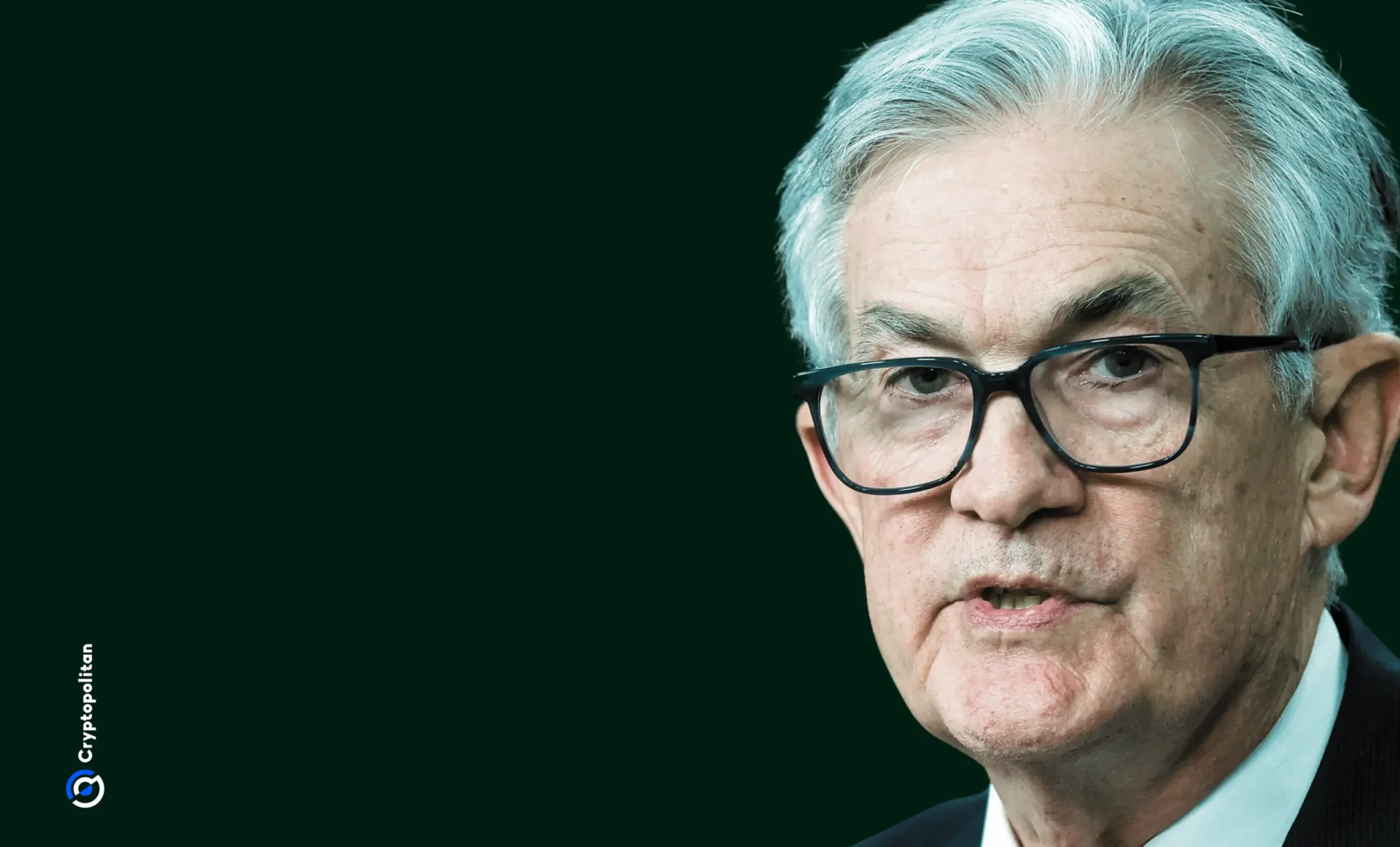Federal Reserve officials couldn’t agree on how to handle interest rates in September. They debated how aggressive to be before settling on a half-percentage-point cut.
This was the first time in over four years since they’d done that, and the decision wasn’t easy. The minutes from the meeting, released Wednesday, show a committee divided over economic outlooks.
Some wanted a smaller cut, others pushed for more, and a few didn’t even want a cut to happen at all.
Disagreements on the size of the rate cut
Governor Michelle Bowman was the only one who voted against the half-point cut. She wanted the Fed to go smaller, with a 25 basis point cut, and she wasn’t alone. According to the minutes:
“Some participants observed that they would have preferred a 25 basis point reduction of the target range at this meeting, and a few others indicated that they could have supported such a decision.”
For some members, the idea of cutting rates too much too soon didn’t sit well, especially when there were signs inflation was starting to cool.
In their view, the 25 basis point cut would have been slower, and more predictable. It would give them more time to assess how restrictive the policy needed to be as the economy changed.
Under normal conditions, the Fed prefers to cut in quarter-point increments. Historically, they’ve only gone for half-point cuts during major economic crises, like COVID-19 or the 2008 financial meltdown.
Market predictions show that the fed funds rate will likely end 2025 between 3.25% and 3.5%. That’s in line with the median projection of 3.4%, according to the CME Group’s FedWatch.
Earlier, futures markets were betting on a more aggressive path. But now there’s only a 1-in-5 chance that the Fed won’t cut rates again at its next meeting in November.
Meanwhile, the bond market has been reacting. Since the September meeting, yields on the 10-year and 2-year Treasury notes have jumped by about 40 basis points.
Economic data didn’t help much
The data in September didn’t make the decision any easier. Nonfarm payrolls rose by 254,000, which was a lot higher than expected. The unemployment rate also fell to 4.1%.
For the officials who favored the bigger 50 basis point cut, the strong labor market supported their argument.
They didn’t want to risk stalling progress on inflation by being too cautious. They believed the larger cut would keep the economy and labor market strong, while also keeping inflation in check.
The minutes said that a “substantial majority of participants” favored the bigger move. However, it’s not clear exactly how many members opposed it.
The document talks about “participants,” which means that more people than just the 12 voters in the room were involved in the discussions.
Powell’s take after the meeting was that the Fed was making a “recalibration” of its stance.
He didn’t want people to think the cut was a sign that the economy was in worse shape or that more aggressive moves would be coming. The minutes support this, saying:
“Participants emphasized that it was important to communicate that the recalibration of the stance of policy at this meeting should not be interpreted as evidence of a less favorable economic outlook or as a signal that the pace of policy easing would be more rapid than participants’ assessments of the appropriate path.”
Powell and other officials have said they’re likely to continue with 50 basis point cuts, but they haven’t ruled out smaller ones in the future. The data is making it harder to predict what will happen next.





